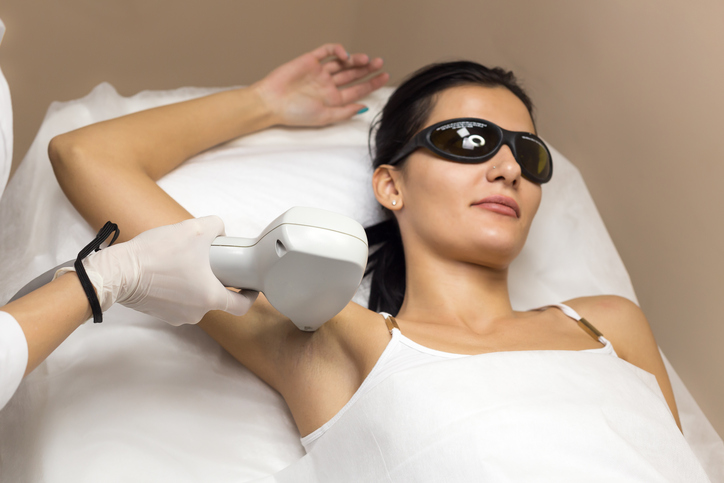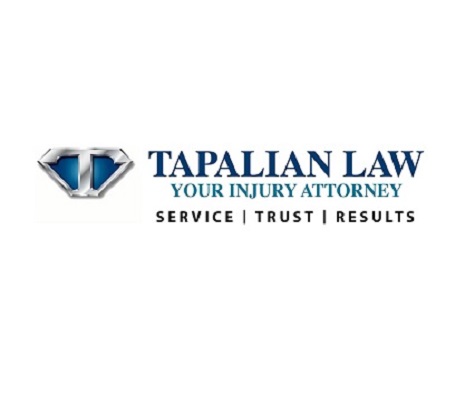As a restaurant owner or facility manager, you know that maintaining a clean and safe kitchen is paramount. One critical aspect of kitchen safety and efficiency is the cleanliness of your kitchen exhaust system. Commercial kitchen exhaust cleaning ensures that your exhaust system functions properly, reduces fire hazards, and meets health and safety regulations. However, many businesses make mistakes when scheduling commercial kitchen exhaust cleaning. These mistakes can lead to costly issues, including non-compliance, unsafe working conditions, and damaged equipment. In this blog, we will explore the top mistakes to avoid when scheduling your kitchen hood cleaning and how to make the most of your cleaning services.
1. Waiting Too Long Between Cleanings
One of the most common mistakes is delaying cleaning until it’s absolutely necessary. Some kitchen managers may think they can wait until the system is visibly dirty or after a safety inspection reveals a problem. However, waiting too long between commercial kitchen exhaust cleaning sessions can lead to several issues. Over time, grease and grime accumulate in the ductwork, making the cleaning process more difficult and time-consuming. More importantly, the build-up of grease can cause dangerous fire hazards.
Why It Matters:
Regular cleaning not only helps to prevent the risk of fires but also maintains the efficiency of your ventilation system, reducing the need for expensive repairs. Experts recommend scheduling exhaust system cleaning at least once every three to six months, depending on your kitchen’s usage.
2. Choosing a Cleaning Service Based on Price Alone
It may be tempting to select the cheapest kitchen hood cleaning service, but this can lead to problems down the road. Low-cost services may not use the proper cleaning methods or equipment, leaving behind harmful residue or failing to reach difficult areas. A low-quality cleaning could result in a build-up of grease and grime that can hinder the system’s function, eventually leading to costly repairs or even safety violations.
Why It Matters:
It’s essential to choose a reputable company that uses industry-standard tools and techniques for cleaning your kitchen exhaust system. A professional service will follow NFPA 96 standards, ensuring your system is thoroughly cleaned and compliant with regulations. While it may cost more upfront, the peace of mind and long-term savings are worth the investment.
3. Not Understanding the Scope of the Cleaning
Different commercial kitchen exhaust cleaning companies offer different levels of service. Some may focus on the hood, while others may clean the entire exhaust system, including ducts, fans, and grease traps. Not understanding what is included in your cleaning service can lead to misunderstandings and incomplete cleaning.
Why It Matters:
Make sure you clarify what is included in your cleaning service. A full cleaning should include the exhaust hood, ductwork, fans, filters, and grease traps. This ensures that all parts of the exhaust system are functioning properly and reduces the risk of fires or contamination.
4. Ignoring the Importance of Compliance
Many restaurant owners or managers may not realize the importance of meeting local fire codes and safety regulations regarding kitchen exhaust systems. Non-compliance can lead to hefty fines, insurance complications, or even shutdowns. Ensuring that your kitchen exhaust system is regularly cleaned and maintained to meet NFPA 96 standards is essential for keeping your business operational.
Why It Matters:
Failure to comply with safety regulations can result in severe consequences. An improper or infrequent cleaning schedule may lead to a failed inspection, fines, or the temporary closure of your kitchen. Regular commercial kitchen exhaust cleaning ensures that you meet safety standards and avoid any legal or financial repercussions.
5. Failing to Schedule During Off-Peak Hours
Another mistake to avoid when scheduling kitchen hood cleaning is not considering the impact on your kitchen’s operation. Cleaning during peak hours can disrupt daily operations, leading to delays and potentially loss of business. It’s best to schedule the cleaning during off-peak hours when your kitchen isn’t in full use. Early mornings, late evenings, or times when the kitchen is less busy are ideal for this service.
Why It Matters:
Scheduling cleaning during off-peak hours minimizes the disruption to your daily operations. This allows the cleaning company to work efficiently without interrupting your kitchen staff’s ability to prepare meals. It also ensures that your business can continue running smoothly while maintaining safety and cleanliness standards.
6. Neglecting to Inspect After Cleaning
Once your commercial kitchen exhaust cleaning is complete, it’s important to inspect the system to ensure it has been thoroughly cleaned. Some restaurant owners assume the job is done without checking the results. Neglecting this step can mean missing out on critical issues such as grease build-up in difficult-to-reach areas or improperly cleaned filters.
Why It Matters:
Inspecting your system after cleaning ensures that all parts of your kitchen exhaust system have been addressed. A quick inspection can reveal any issues that were missed and prevent future problems. Remember, a clean system is a safe system, so take the extra step to ensure everything is up to par.
7. Not Hiring a Certified Hood Cleaning Service
Not all cleaning services are created equal, and choosing an unqualified provider can have serious consequences. It’s important to hire a commercial kitchen exhaust cleaning company that is certified and follows industry standards. Companies should adhere to guidelines set by the National Fire Protection Association (NFPA) and other relevant authorities.
Why It Matters:
Hiring a certified cleaning company ensures that your kitchen exhaust system is cleaned correctly and safely. Certified professionals are trained in the proper techniques and have the necessary tools to perform the job effectively. This not only helps to extend the life of your equipment but also ensures compliance with regulations.
8. Overlooking Preventative Maintenance
While regular cleaning is essential, it’s also important to incorporate preventative maintenance into your exhaust system care. Some restaurant owners schedule cleaning without thinking about the long-term health of their kitchen systems. Preventative maintenance, such as checking for leaks, rust, or wear on parts, can help avoid costly repairs and extend the life of your equipment.
Why It Matters:
Preventative maintenance helps identify issues before they become major problems. By addressing small issues early, you can avoid expensive repairs and downtime. Combining commercial kitchen exhaust cleaning with regular maintenance ensures that your kitchen runs smoothly and efficiently for years to come.
Conclusion
Scheduling regular commercial kitchen exhaust cleaning is essential for maintaining a safe, efficient, and compliant kitchen environment. By avoiding the common mistakes outlined above, you can ensure that your kitchen remains free from grease build-up, meets safety regulations, and operates at peak efficiency. Remember, a professional cleaning service is an investment in your business’s longevity, safety, and cleanliness.
To ensure the job is done right, always choose a certified, reliable cleaning service that offers comprehensive, quality cleaning. Your kitchen, employees, and customers will thank you for it.
Contact MidAtlantic Hood & Duct Cleaning
For expert kitchen hood cleaning and commercial kitchen exhaust cleaning, trust MidAtlantic Hood & Duct Cleaning. We specialize in thorough, efficient, and compliant cleaning services. Contact us today to schedule your next cleaning appointment and keep your kitchen safe and operational.



